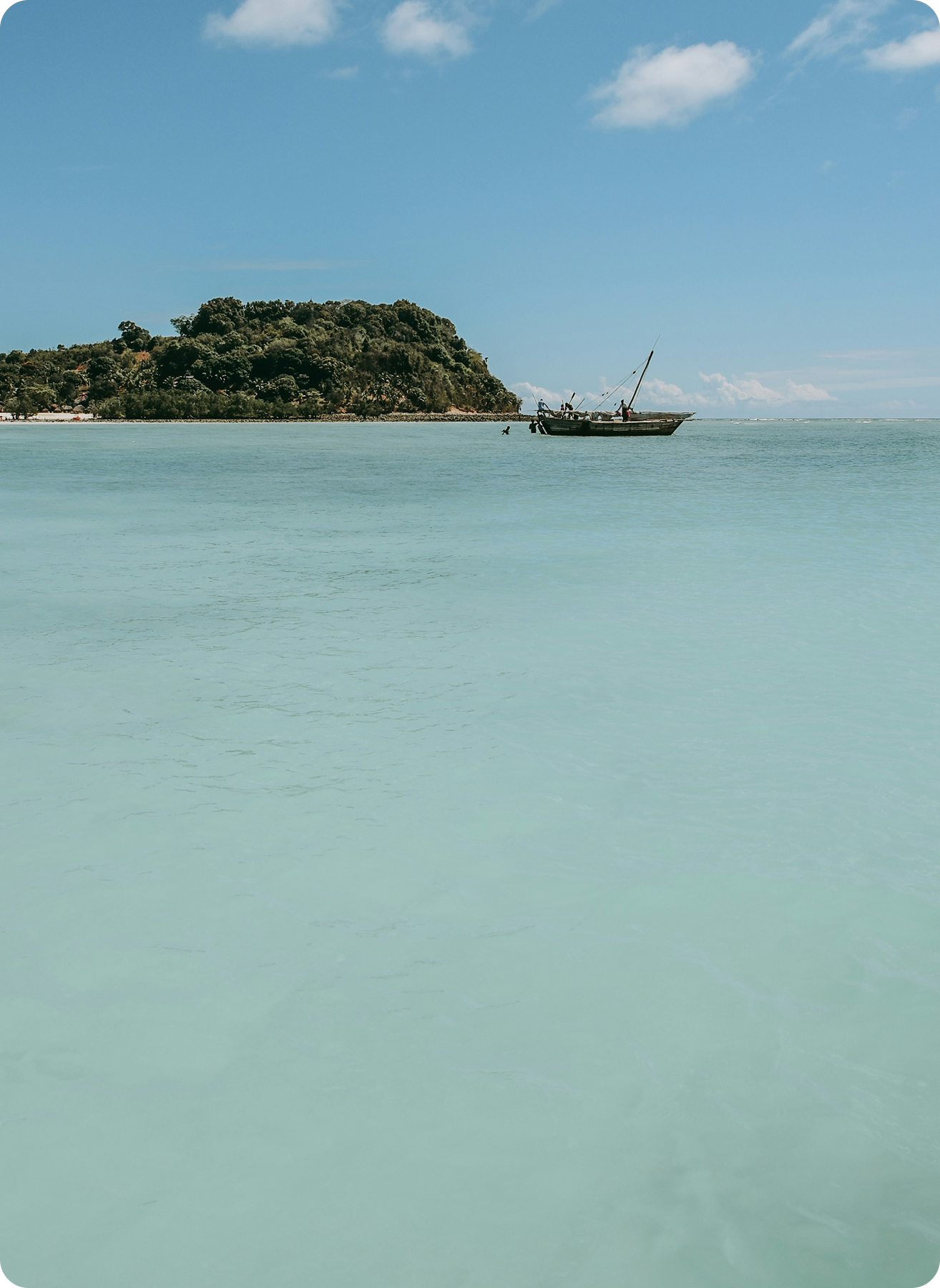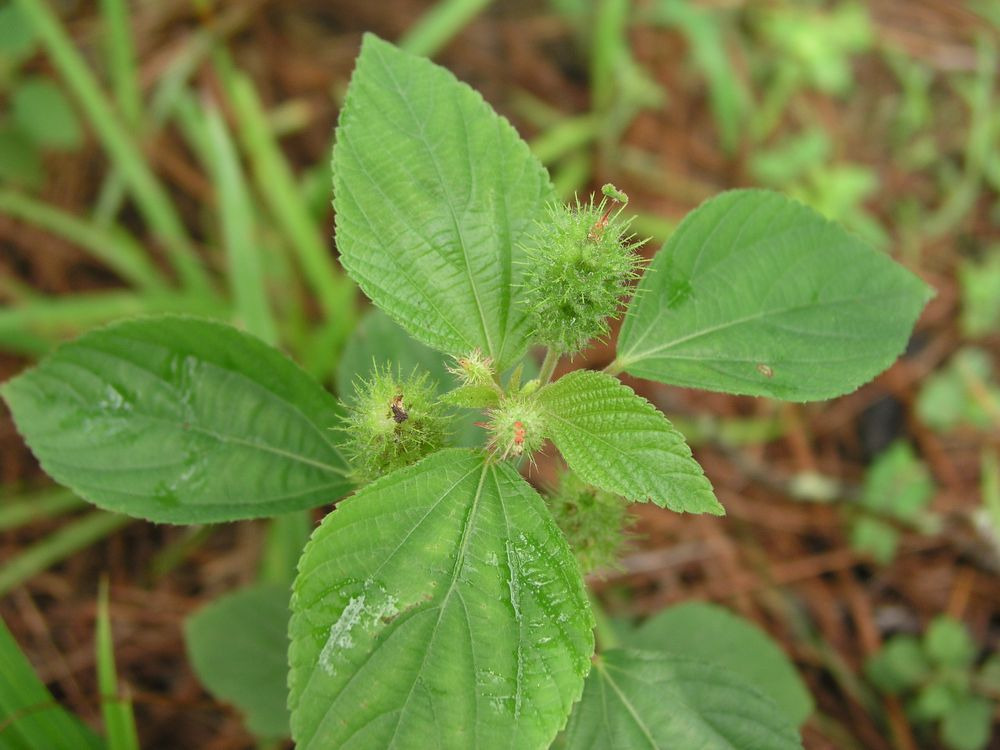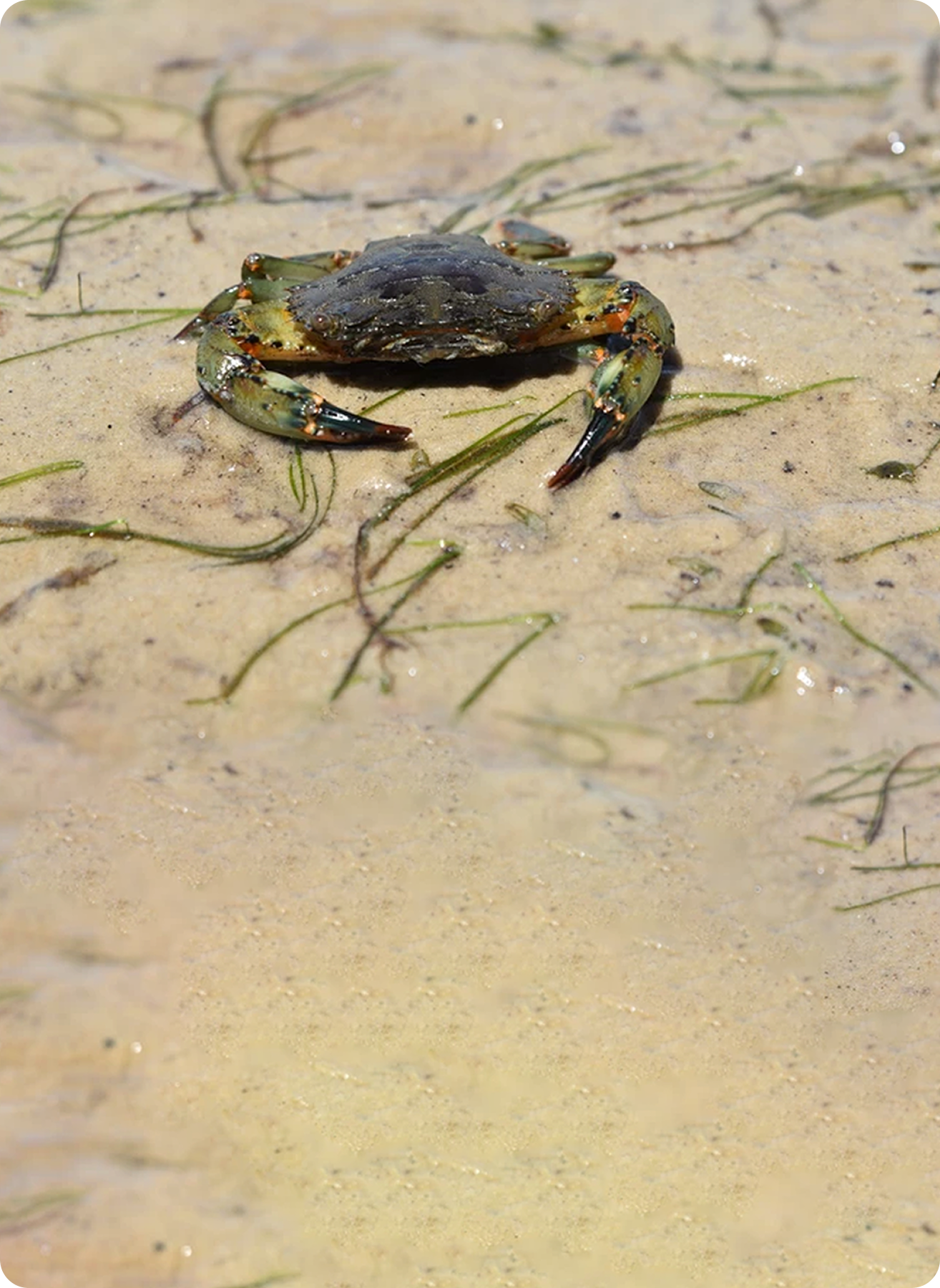
Biodiversity Informatics for Social Good
Biodiversity Informatics for Social Good
Bridging Conservation and Sustainable Agriculture with Informatics
An Informatics Lens Into The Natural World
An Informatics Lens Into The Natural World
Strand Life Sciences pioneers innovative platforms for biodiversity conservation and sustainable agriculture. Through publicly funded projects and a commitment to open-source technology, we develop collaborative, participatory tools and databases that empower global communities to protect nature and promote sustainable practices.
Since 2008, Strand’s biodiversity informatics team has built open-source platforms to aggregate, curate, and share biodiversity data. Using our robust Biodiv codebase, we create interactive web applications that support researchers, conservationists, and citizen scientists worldwide.
Biodiversity Portals in India and Around the World
Biodiversity Portals in India and Around the World
01
India Biodiversity Portal (IBP):
A Flagship Initiative

02
Global
Biodiversity Portals




Empowering Farmers Through Platforms for Sustainable Agriculture
Empowering Farmers Through Platforms for Sustainable Agriculture
Since 2018, Strand has expanded its expertise to sustainable agriculture, developing platforms to support small-scale farmers. As the technology partner for CIRAD (French Agricultural Research Centre for International Development), we contribute to impactful projects under the EU’s Switch Africa Green Program and GCCA+ DeSIRA initiative.
CropCert: A Platform for Coffee Certification and Traceability
In Uganda, Strand is building CropCert, an open-source platform to support triple certification for coffee. This includes a traceability module, to trace coffee from the farm to the markets which is mandated by the European Union Deforestation Regulation (EUDR) for access to European markets. This initiative aims to add value to small growers’ coffee, enabling better market access and prices.
- Current Status: In beta testing, contact us for a demo and details.
- Open Source: Microservices available in the CropCert GitHub repository.
- Future Plans: Scaling up the platform for small coffee growers across East Africa.
Community Conserved Areas, Enabling Local Conservation
Community Conserved Areas, Enabling Local Conservation
Strand is the technology partner for a platform documenting Community Conserved Areas (CCAs) across India and South Asia, launched in September 2022. As part of the data platform for the International Consortium for Community Conserved Areas (ICCA), we support global documentation of CCAs under international biodiversity conservation conventions. Key highlights:
- Purpose: Facilitates documentation and management of community-led conservation efforts.
- Scope: Currently focused on India.
- Platform: Visit the CCA Portal.
- Launch: Watch the official launch on YouTube.
Our Commitment to Open Source
Our Commitment to Open Source
Strand’s extensive open-source codebase, refined through more than 15 years of projects, powers scalable platforms for biodiversity and sustainable agriculture. By prioritising open data and collaborative tools, such as our robust Biodiv codebase, we make critical information freely available for researchers, policymakers, and communities worldwide.
Join us in advancing biodiversity conservation and sustainable agriculture. Explore our platforms or contribute to our open-source initiatives today!
Frequently Asked Questions
Frequently Asked Questions
- India Biodiversity Portal: An integrated, interactive and participatory biodiversity informatics platform; Biodiversity Data Journal, Nov 7, 2016
- Traits: Structuring Species Information for Discoverability, Navigation and Identification; Multimedia Tools and Applications for Environmental & Biodiversity Informatics, 2018
- Quand la gestion des plantes envahissantes dans les pâturages tropicaux peut être facilitée par les outils numériques : l’exemple du portail Wiktrop; Journal of Livestock and Veterinary Medicine of Tropical Countries, Dec 15, 2023
- Development of a National Repository for Aquatic Biodiversity in Bhutan; Biodiversity Information Science and Standards, Proceedings of TDWG, Sep 5, 2017







